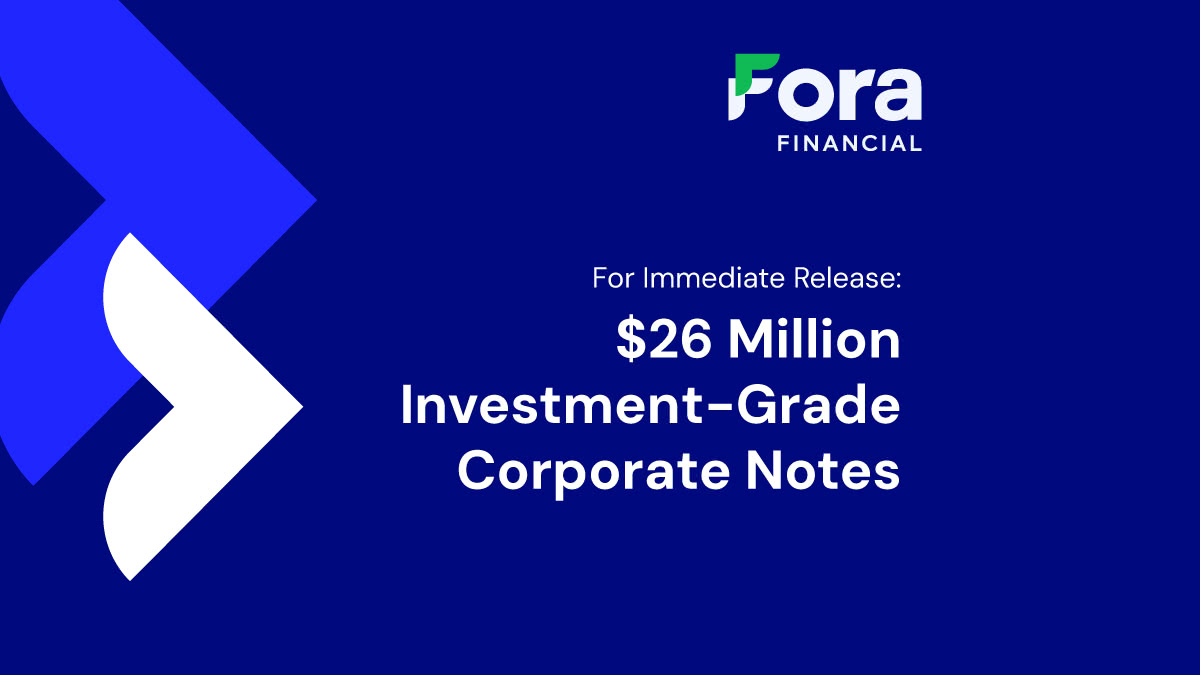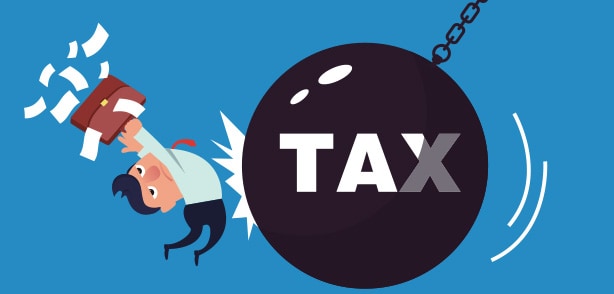Short-Term vs. Long-Term Business Loans: How to Decide

The best way to avert a business-loan scam, whether it shows up online, in your mailbox, or on the phone, is to learn the most common red flags. Here we share common scams and the ways to avoid them.
Once you’ve decided that you need a loan in order to grow your business operations, the real work begins.
If you don’t have a clear understanding of your business’s financial health and future goals, you must quickly get up to speed so you can choose a loan term that suits your business’s needs.
Before deciding between a short and long-term business loan, you’ll need to answer questions about your current and projected financial health, as well as your tolerance for risk.
In this post, we’ll review long and short term business loan definitions so that you understand the difference between these two additional working capital options. Then, we'll explain why applying for a long term loan or short term loan could affect your business differently.
The Difference Between Short and Long-Term Business Loans
It’s easiest to understand the differences between these loans when you look at them from a business lender’s perspective.
When providing any loan, the lender wants to make a return large enough to compensate them for their risk. The lender’s return will come in the form of fees and payments.
The risk lenders take is called default risk, which is the risk of the borrower being unable to make their monthly payments. For obvious reasons, lenders avoid making loan offerings to businesses that can't afford the payment terms.
With all else equal, most types of long-term loans are riskier than short-term loans for lenders. This is because even established businesses could fall on hard times during their repayment period.
For instance, many successful businesses have faced financial difficulties due to the COVID-19 pandemic. In other cases, a business owner might find that their industry is seeing a decrease in demand, causing their sales to dip.
Whatever the case, the longer the lender has their money tied up in your account, the riskier it is for them.
Most alternative and online lenders are compensated for this risk because a longer loan term means you’re paying back the loan slowly, allowing more time for interest to accumulate. If your loan terms included a high interest rate, this can cause significant strain on your finances.
In addition, at the risk of stating the obvious, long-term loans have a longer term than short-term loans. A short-term loan, according to The Financial Dictionary, lasts for one year or less.
Now that you understand the difference, how do you decide between the two funding options?
How to Decide Between Short vs. Long Term Loans:
1. Establish Cash Flow Needs
Timing is an important factor when you’re deciding on the repayment term of your small business loan.
At the very least, you must have cash available to pay your loan amount when its due. However, even if you have that amount of money available, an ill-timed due date could still cause serious financial strain on your business.
For example, let’s say your loan payment is due and you pay it on-time, but now you have very little cash left. Chances are, you’ll be left scrambling to pay other bills or forced to delay other investments. By paying other bills late, you could face late fees or receive a bad credit score, which will further hurt your business’s financial situation.
To avoid this, make realistic projections about your business’s cash flow needs. As you do that, make sure to consider what other expenses you may have that will affect cash flow as you approach your loan payment date.
2. Determine Your Risk Tolerance
Every entrepreneur must take a risk to succeed, but the size of the risk that each entrepreneur is willing to take varies based on numerous factors.
It’s important to note that there’s no "correct" answer to how much risk you should take. Moreover, when you’re deciding between a short-term and long-term loan, the respective risks of these two types of loans depend on context.
Sure, with all other factors equal, a long-term loan is riskier because it takes longer to pay off. However, in the real world, all other factors are rarely equal.
Generally, you’ll have to make larger payments on a short-term loan because you have to pay it back faster than a long-term loan. Looking at it from this perspective, you could say a short-term loan is riskier for you if the larger payments are likely to cause you financial hardship.
3. Consider Your Current and Future Financial Health
Every business owner across the United States wakes up each morning facing a unique set of opportunities and threats, both long and short-term. If you’re facing a wide range of opportunities that you don’t have the cash to investigate, perhaps a short-term loan makes sense so that you can do the research needed to see which opportunity is worth pursuing.
However, if you’re just getting started, and short-term cash flow is uncertain, you need to give yourself more time. In that case, a long-term loan may make more sense. However, a 25 year loan term might be too much of a commitment, especially if you don’t plan on owning a small business forever.
In the event that your business fails, having a long-term business loan hanging over your head won't be ideal. Due to this, a short-term loan may be a better option to start.
Lastly, you should determine which loan option you’re more likely to qualify for. Often, newer businesses won’t qualify for long term financing simply because they have no financial history to show yet. In that case, your only option may be short term funding.
Conclusion: Compare Your Business Financing Term Options Before Starting the Application Process
The Small Business Default Indices (SBDI) reports the percentage of small business loans that have defaulted. Currently, the SBDI sit at less than 2 percent, according to PayNet. That, per the Small Business Administration, is near an all-time low.
Due to this, the chances of defaulting on a business loan, short or long-term, are low. Still, you should conduct a thorough analysis of the factors we’ve discussed and take great care when deciding between a short and long-term business loan.
Editor’s Note: This post was updated for accuracy and comprehensiveness in June 2021.
Since 2008, Fora Financial has distributed $4 billion to 55,000 businesses. Click here or call (877) 419-3568 for more information on how Fora Financial's working capital solutions can help your business thrive.






